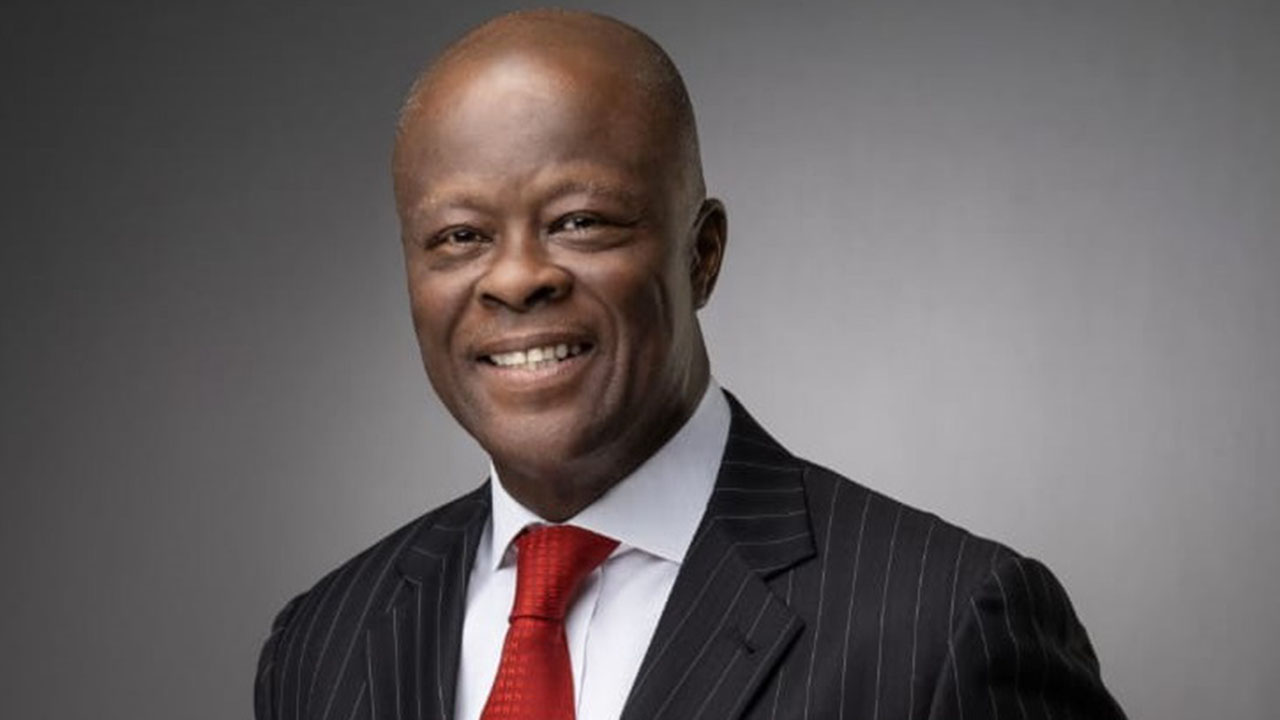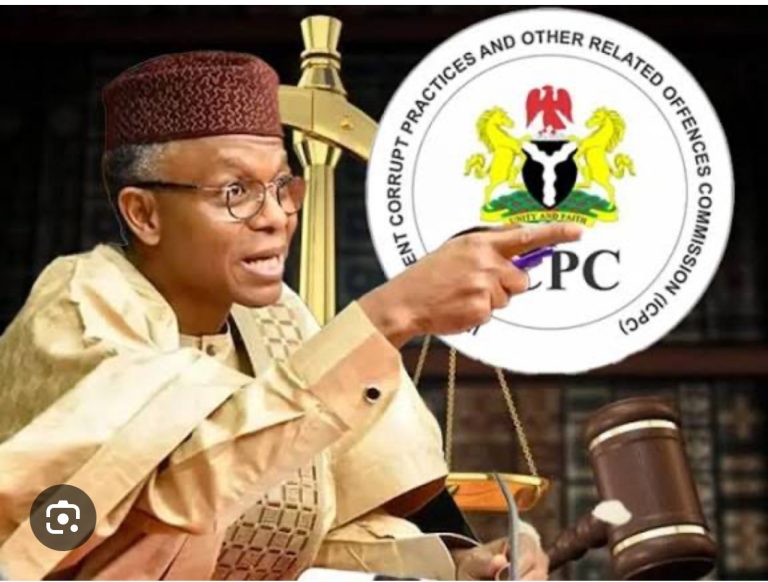
Finance Minister Wale Edun has dispelled growing public concerns over the proposed 5% tax on petroleum products, stating firmly that there are no immediate plans to implement the controversial surcharge.
Speaking to journalists in Abuja on Tuesday, the minister explained that while the levy is referenced in the Federal Government’s new tax reform framework, it will not be automatically applied when the legislation takes effect on January 1, 2026.
According to Edun, the fuel surcharge stems from an existing provision in the Federal Roads Maintenance Agency (FERMA) Act of 2007, and is not a new policy introduced under the administration of President Bola Tinubu. Its inclusion in the upcoming tax laws, he said, is part of a broader effort to streamline and harmonize existing tax statutes for better clarity and compliance.
“The tax reform bills and the new tax act do not become operational until January 1, 2026,” the Minister said. “Even then, the 5% fuel surcharge mentioned will not come into effect automatically. There’s a mandatory formal process before implementation.”
He further emphasized that before any surcharge can be enforced, the Minister of Finance must issue a formal commencement order, which must then be published in an official government gazette.
“As of today,” Edun noted, “no such order has been issued, none is being prepared, and there is no immediate plan to implement the surcharge.”
Labour Unions Push Back
The clarification comes amid escalating criticism from labour groups, particularly the Trade Union Congress (TUC), which has described the proposed tax as “reckless” and “an act of economic wickedness.”
In a strongly worded statement on Monday, the TUC warned that imposing a tax on petroleum products would worsen the already harsh economic conditions, cripple businesses, and drive millions of Nigerians deeper into poverty.
The union also threatened a nationwide strike if the Federal Government proceeds with the policy, arguing that Nigerians should not be used as “sacrificial lambs” for what it called economic experiments.
Background
The petroleum products surcharge has been on the books since 2007, introduced to fund road maintenance under FERMA. However, enforcement has been inconsistent, and the tax has rarely been applied. Its reappearance in the 2025 tax reform documents prompted fears of a looming fuel price hike.
With the current fuel subsidy regime already scrapped and inflation rising, any additional charge on petrol is seen as a potential trigger for more economic hardship and social unrest.
For now, the 5% fuel tax remains inactive, and any future enforcement will require a transparent legal process, including official announcements and gazetting. The Finance Minister’s statement appears aimed at calming public anxiety and heading off potential industrial action.



